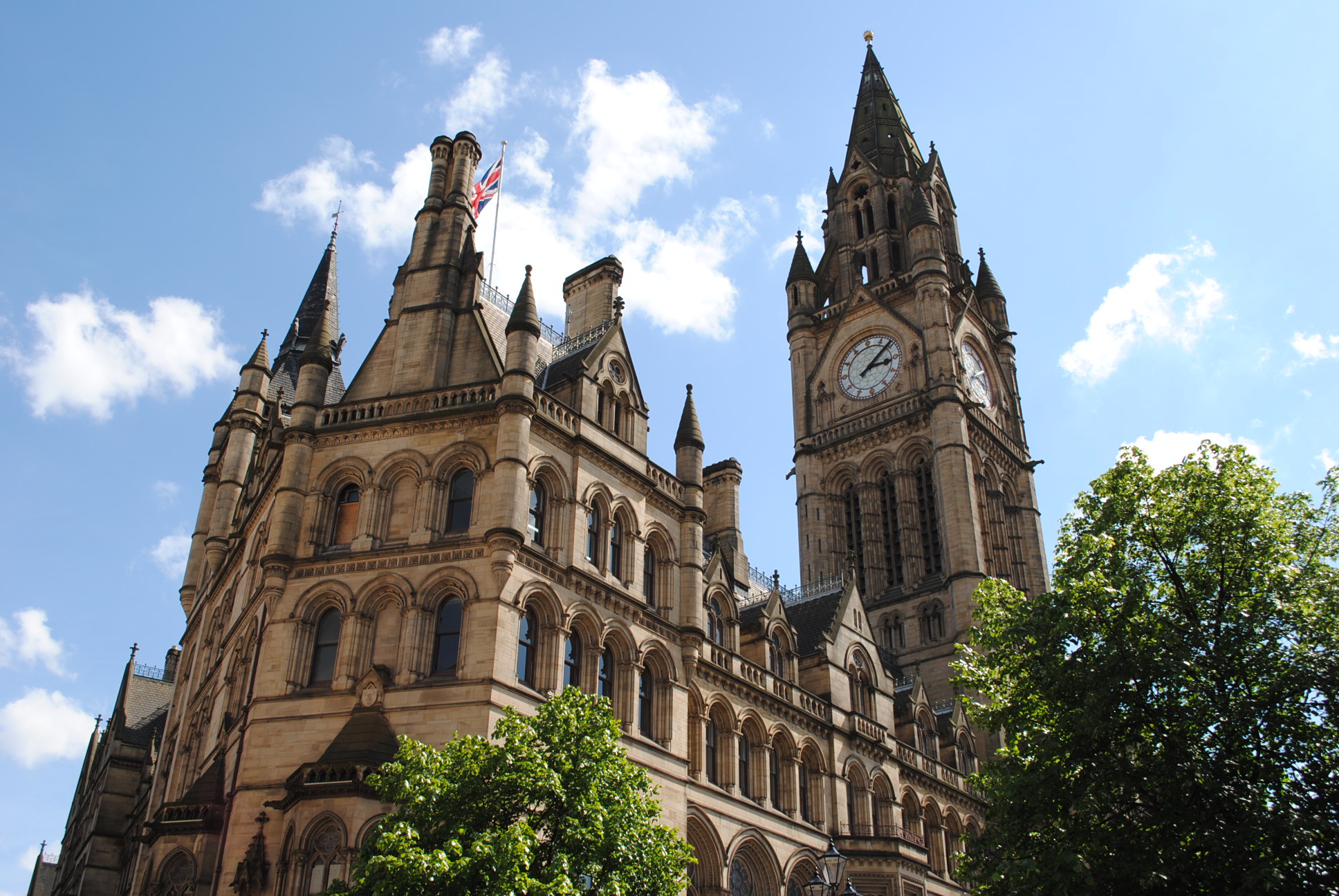
City
Manchester
Main actors
City Government, Private Sector, Research Institutes / Universities
Project area
Whole City/Administrative Region
Duration
Ongoing since 2007
The city of Manchester focuses its spending power to lock wealth into the local economy.
Over the course of ten years, and through the global financial crisis, Manchester’s procurement policy has evolved to focus the city’s spending power locally and sustainably. Manchester City Council has been extremely proactive in developing sustainability principles in its procurement policy. It has also sought to ensure that its procurement spending reaps maximum local economic, social and environmental benefit for the city’s communities.
To achieve this objective, the city consolidated all its procurement into a single department, and then analysed its spend and the supply chain, reallocating it towards smaller businesses in the local community where possible and emphasising social value. In doing so, the city made $85 million in efficiency savings, created 1,500 jobs, and boosted the proportion of its procurement spend going to businesses in Manchester by over 20%.
This case study was adapted from an article on Apolitical, the global network for public servants, found here: https://apolitical.co/solution_article/manchester-focuses-spending-power-lock-wealth-local-community/
Categories
External links / documents
On Map
The Map will be displayed after accepting cookie policy



